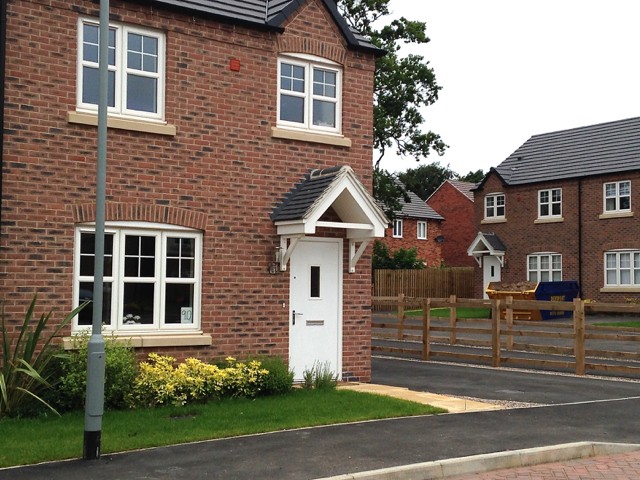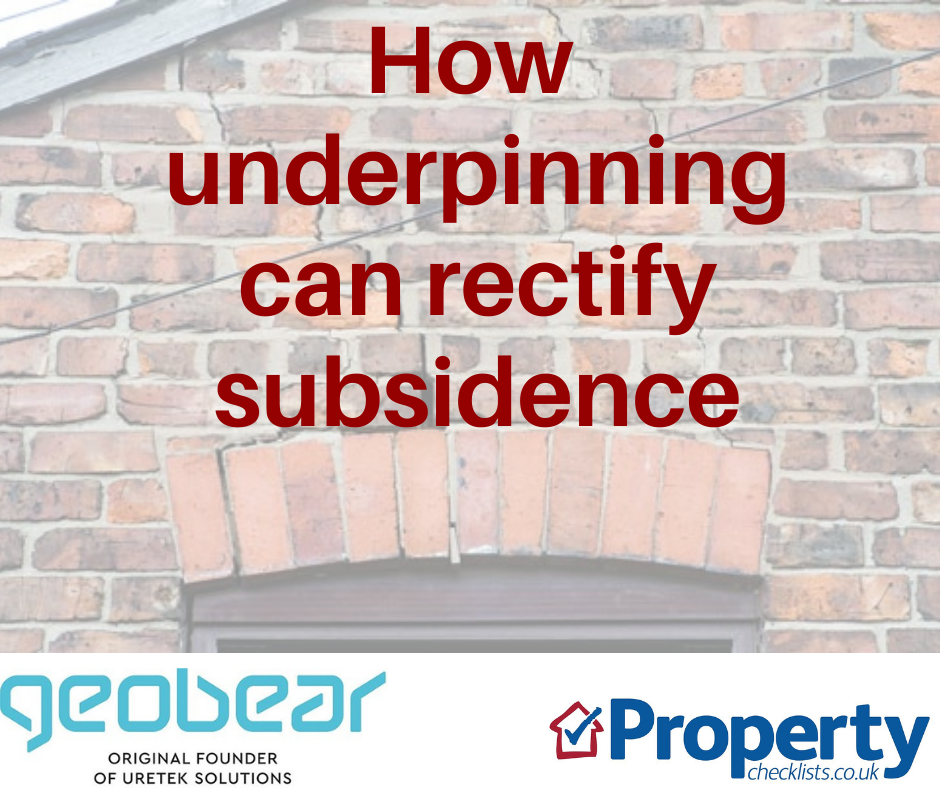
Yes there were! Lots of things not done that people feared, including, no changes to Capital Gains Tax, no changes to income tax, VAT etc.
In reality, this was a pretty good Budget for everyone except tenants in rent arrears and the landlords who are having to deal with a situation where they can’t get rent, can’t evict the tenant and can’t even sell the property to recoup their losses. According to the government, this is a ‘balanced approach’ of dealing with the pandemic and the problems it’s causing for tenants. Only the rogue tenants ‘playing the system’ will feel this is ‘balanced’ as some of them do not pay rent, but use it fund holidays abroad etc (when they could!).
So, what are the implications of the Budget for people and property in 2021 and beyond?
Stamp Duty Land Tax extension
Firstly, a big thanks to the Chancellor and the treasury team. As Chair of the HBSG, I sent a letter on behalf of the moving industry asking for an extension and tapering of the Stamp Duty for fear of the ‘cliff edge’ of 31st March deadline, potentially collapsing hundreds of thousands of dreams of moving to a new home, they listened, and they delivered.
The extension of the furlough scheme and the promised rise in the personal allowance to £12,570, a vast improvement on five years ago, will go a long way to help everyone who owns or rents a property.
And it’s good news for those on low incomes. The minimum wage rises to £8.91 an hour, that’s after a big increase last year too and the extra £20 a week for those on Universal Credit remains for another six months.
BUT incomes, in real terms, will fall between 2022 and 2026 with the freezing of the personal allowance and higher income tax threshold. This will mean however, those earning more will contribute to paying back extra in tax to pay for the pandemic funding.
If people can retain their income, know what is happening in the future, they can plan accordingly to make sure household bills, including mortgages and rent, can continue to be paid, so this is an important step forward.
Unbelievably in my view, no changes are planned. I wouldn’t rest on your laurels though if you are investing in property. If the economy does rebound well, this budget may well pay off the debt, but any bumps along the way could mean you are targeted in the future.
If you don’t already, please seek specialist property tax advice as soon as possible.
This time last year, there were so many people who had saved hard for a 5% deposit and were excited about buying a home. Lockdown drove this desire even more and at the time, with talk of property prices falling, this must have seemed like the ‘perfect year’ to buy.
However, their dreams were shattered when because of the predicted falls, not just 95% loans, but even 90% ones were withdrawn. And, although the latter have come back, the 400+ 95% loans have fallen to just 20 or less. So, in the last 12 months, the only schemes getting people on the ladder with a 5% mortgage were Help to Buy and Shared Ownership, not always available to everyone.
The good news is that now, major lenders such as NatWest, Lloyds, Barclays, Santander, and in the future, Virgin Money, are supporting the government’s offer to guarantee (almost) all their losses if they lend at 95%, prices fall and they then have to repossess.
It doesn’t support the buyer if this happens, they will still have to pay the lender back, but as long as you can continue to pay the mortgage and aren’t forced to sell, you should be fine. Always speak to your broker about how to protect yourself from this situation before you buy – however much of a deposit you have.
BUT please don’t think this is a way to make money from property. It’s not for investors to ‘cheat’ the system, it’s for those that genuinely can’t afford to buy with a big deposit.
Remember: you still have to have the income multiple to afford the 95% loan you’ll be given. This means in more expensive areas such as London, the South East, Cambridge, Bristol etc, where it’s hard to get a deposit and afford a mortgage, it’s unlikely to help.
That’s why in my view, it’s not likely to ‘stoke’ prices as some commentators are suggesting.
Yes, but in a ‘round about way’! This government has committed to levelling up the country and the biggest announcements were for investment in:
There is much more than this already planned, such as the Cambridge-Milton Keynes-Oxford Arc, so if you haven’t already, check out what’s happening via your inward investment team and the local plan from your Local Authority.
Sad to say not much. The government are clearly backing those in the rental sector that can afford to buy. This doesn’t help students, migrant workers, people renting due to bad credit or not being able to afford locally, and the 1mn households renting on benefits who are highly unlikely to ever be able to purchase a property.
What the government has done is:
However, what they are not doing is helping tenants that fall through the cracks. For those that can’t afford the rent due to the pandemic, unlike Scotland and Wales where you can apply for a loan, I’m afraid the government has decided your landlord will have to foot the bill of putting a roof over your head.
Unfortunately, this will mean you are likely to be evicted by the courts and given a bad credit rating and may struggle to find a home in the future, unless you manage to find a way to pay the rent.
There are some ways you could secure help, including:
And, if none of these help, please write to your MP to ask for the Tenant Loan Scheme as per Scotland and Wales, and explain the problems you are going to have if they don’t bring in the loan help.
What’s your thoughts on the budget? Keen to hear your views, so do contact us
| How well is your property portfolio performing? - Lendlord |
How underpinning can rectify subsidence - Geobear |
Drain maintenance and pipe repairs for landlords - Direct Line |
 |
 |
 |